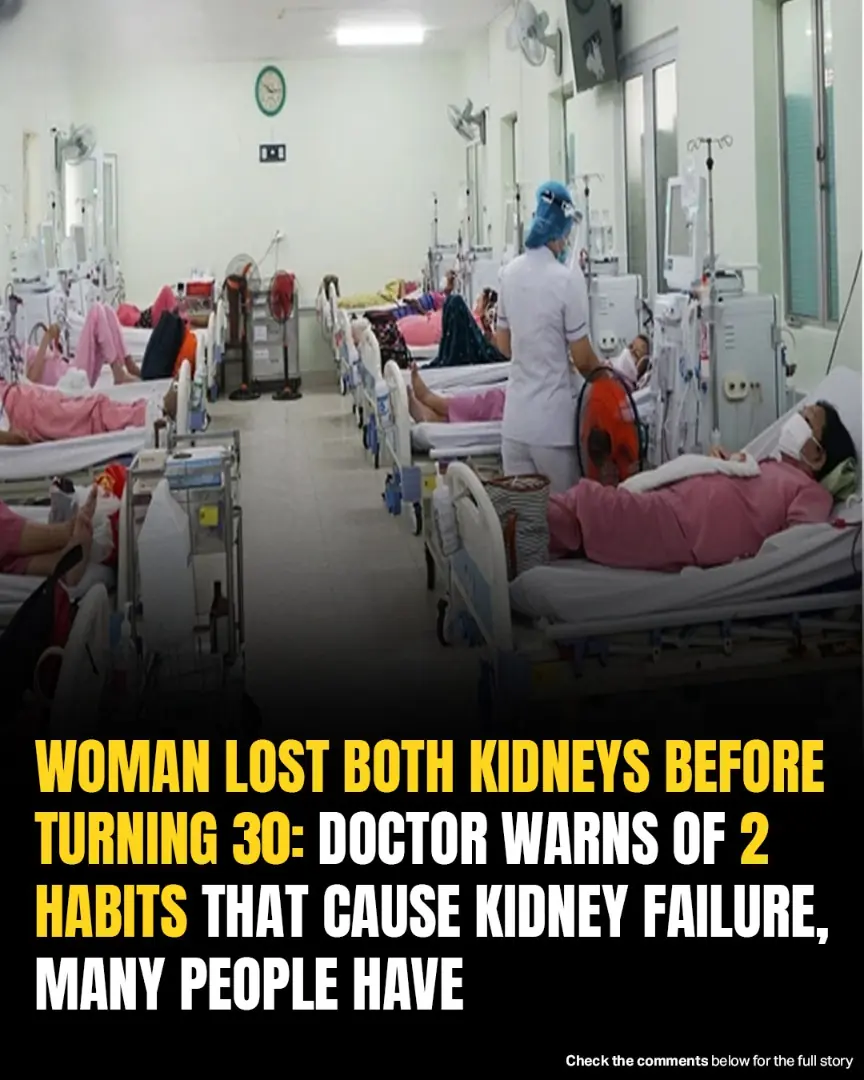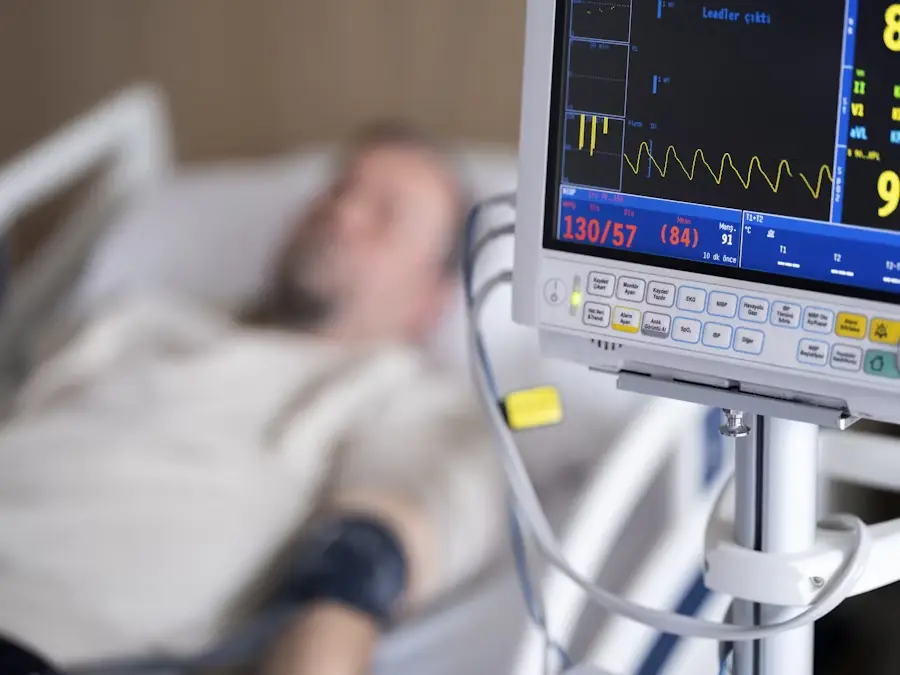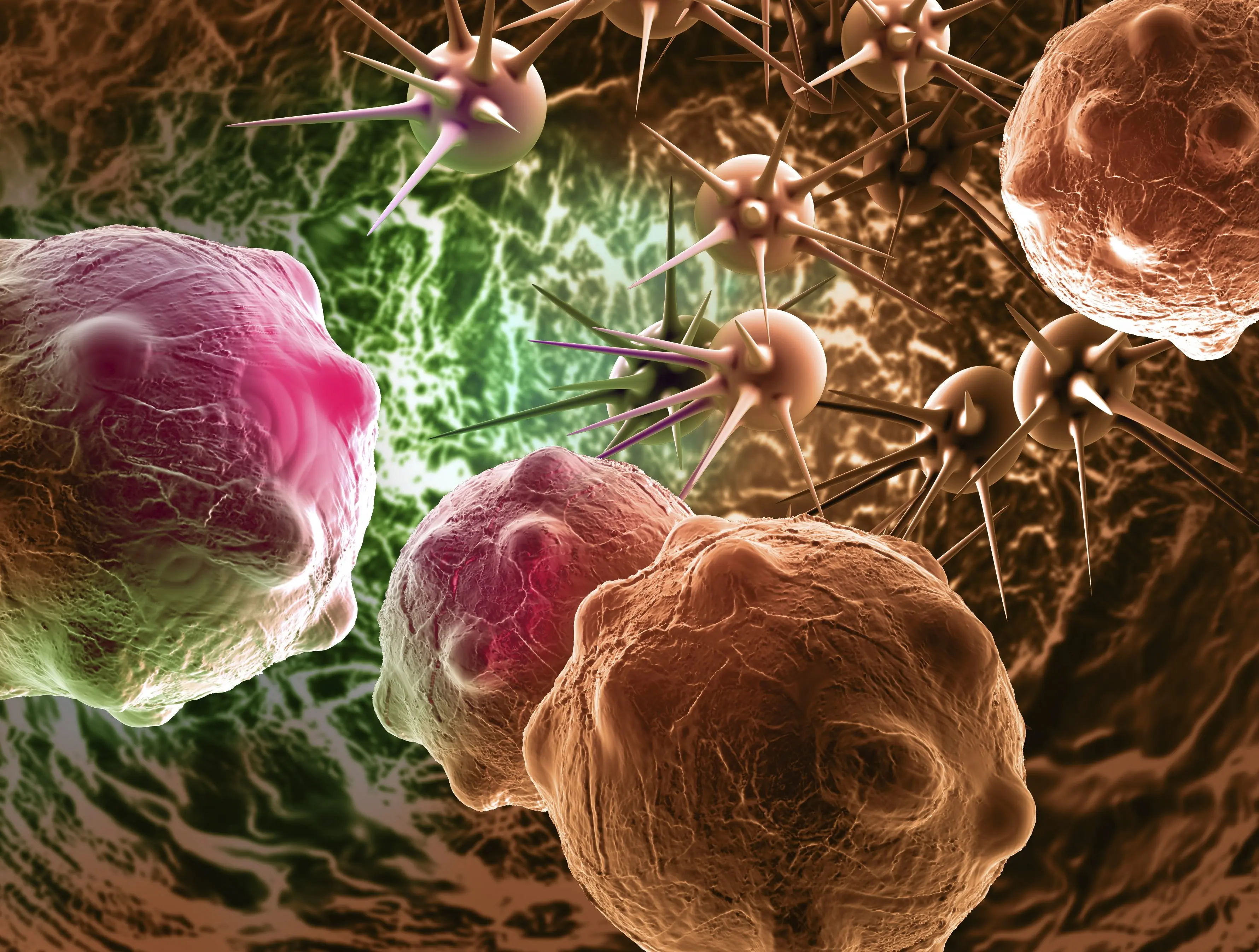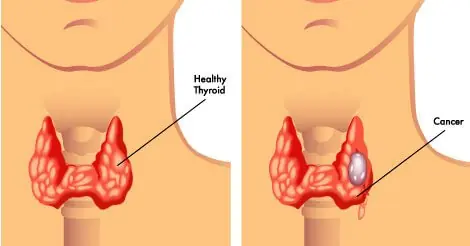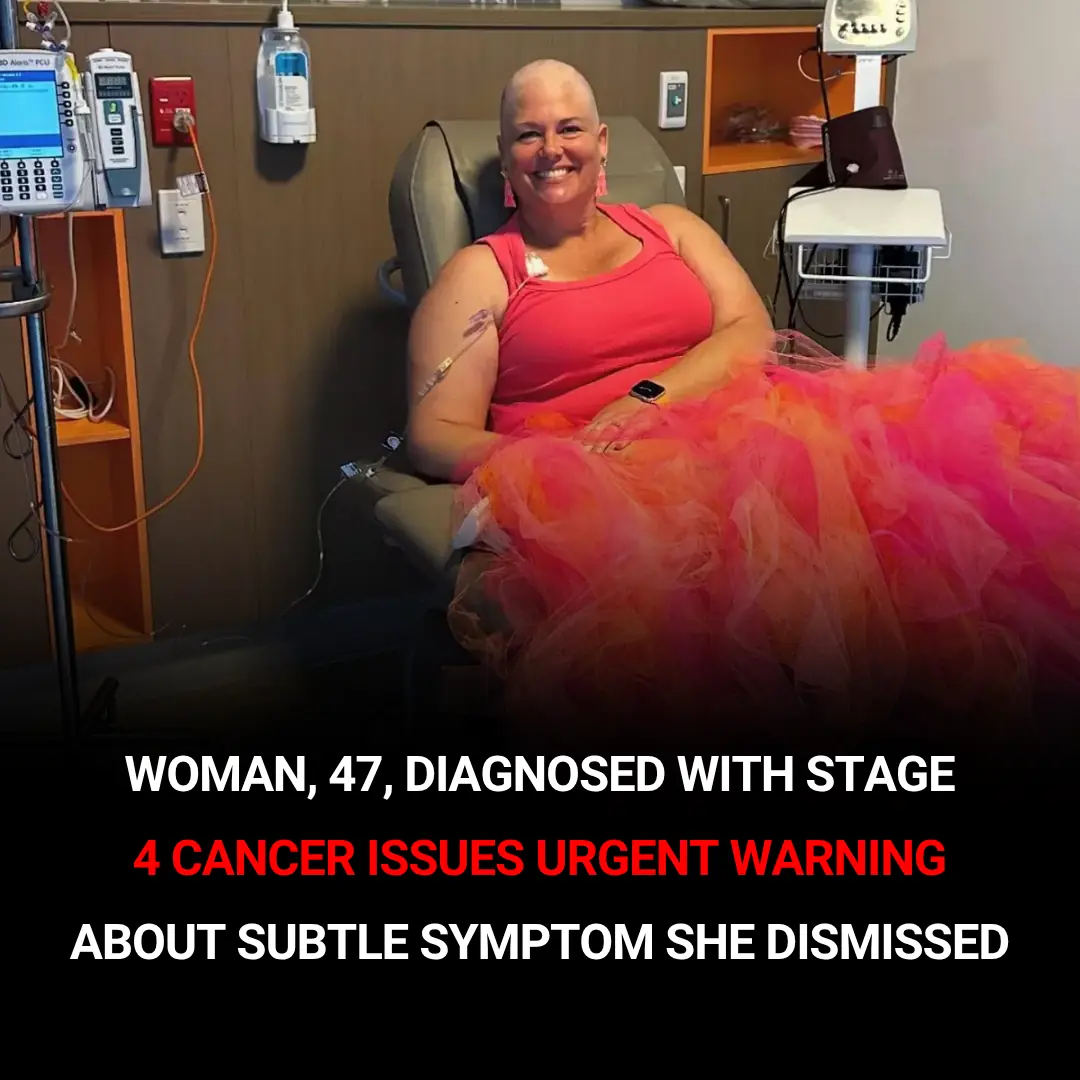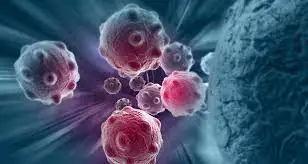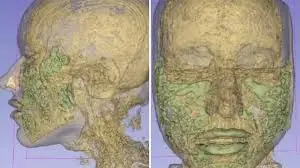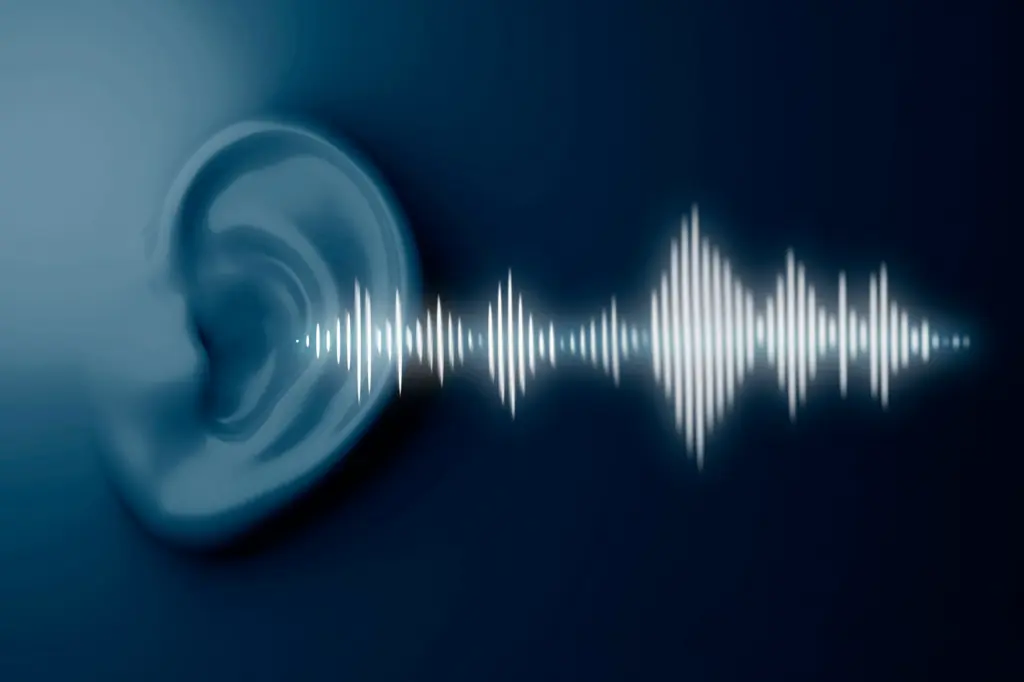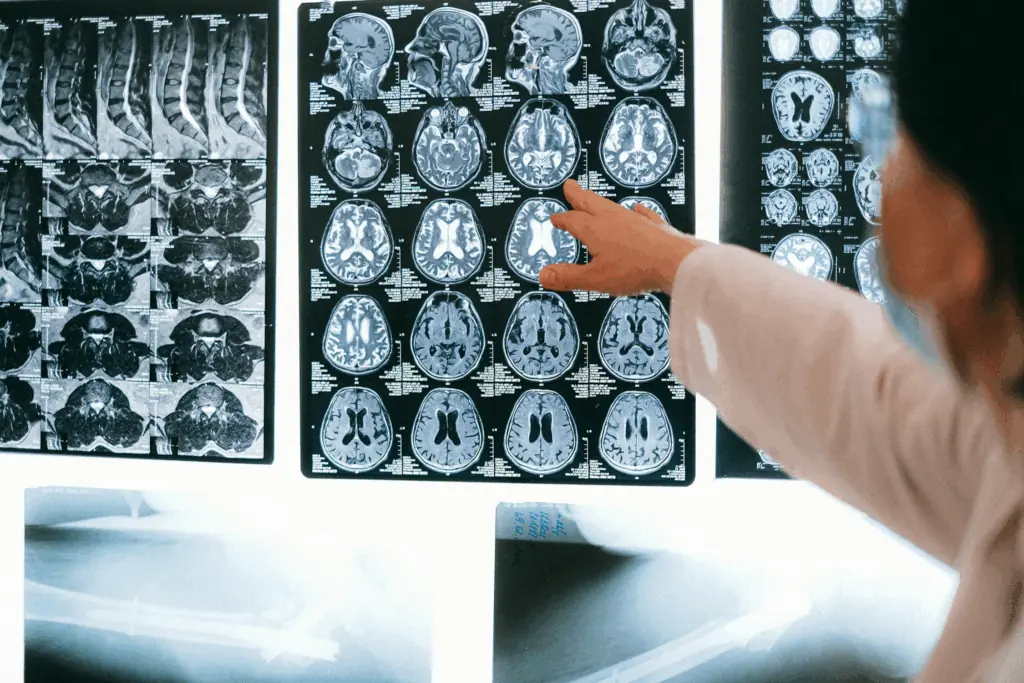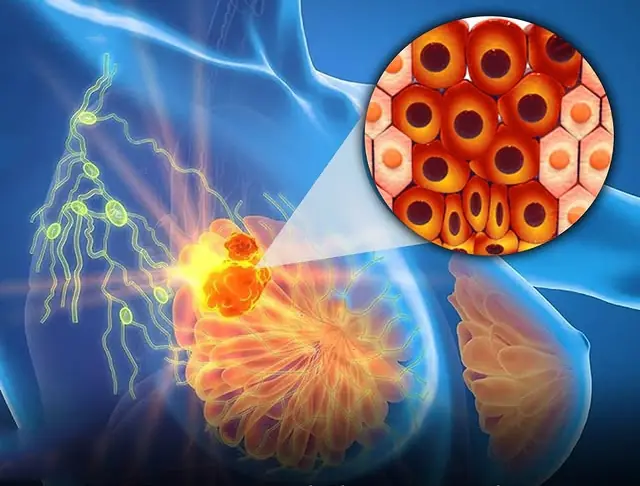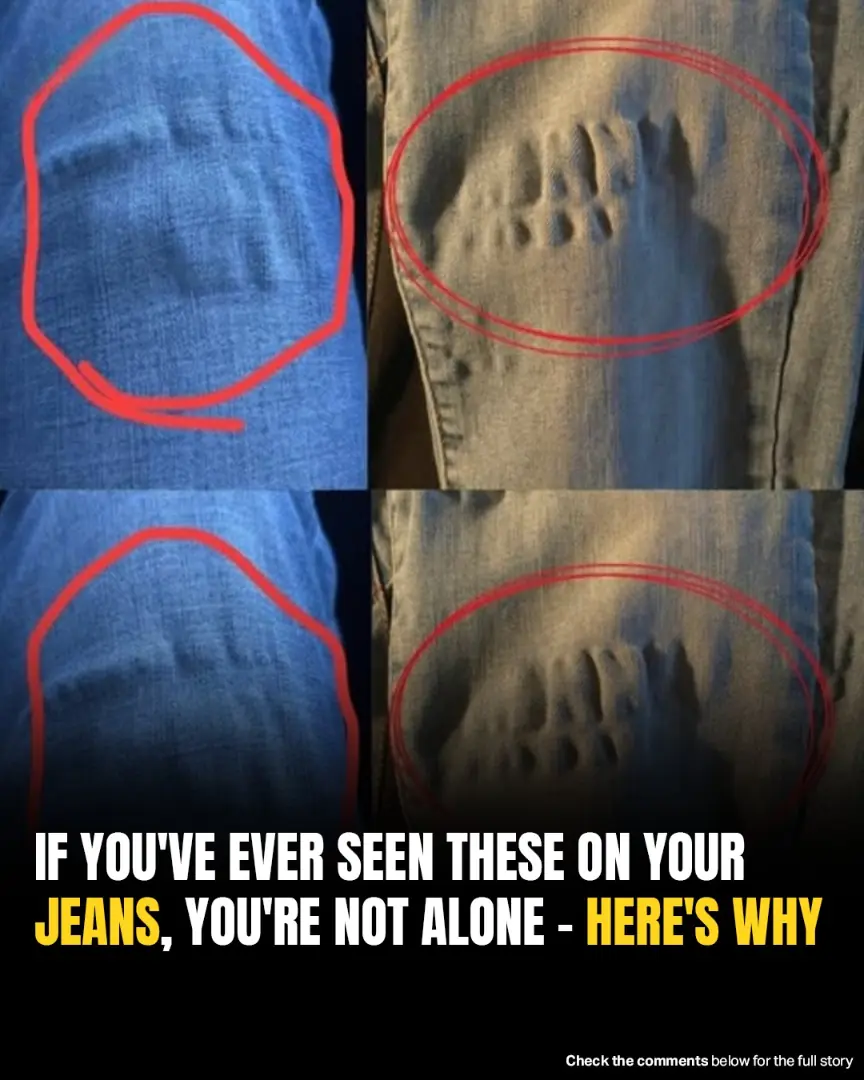When we think about heart health, many of us imagine the classic signs of a heart attack—chest pain, shortness of breath, and radiating pain down the left arm. However, what if the early warning signs of a weak heart aren’t as obvious as we expect? A cardiologist is often the first line of defense when it comes to detecting heart problems, and they know that the symptoms of heart disease can be subtle and sometimes unexpected. While we typically associate heart issues with chest-related symptoms, there are other warning signs that might surprise you.
In this article, we’ll break down three unexpected red flags that could indicate a weak heart. It’s important to recognize these early signs, as catching heart problems early can make all the difference in the outcome of treatment. These subtle signals are often overlooked by many, but understanding them can be a crucial step toward maintaining your heart’s health.
1. Unexplained Fatigue
Fatigue is something many people experience in their daily lives, especially with busy schedules or high levels of stress. However, when you’re constantly tired for no clear reason, it may be time to take a closer look at your heart health. Cardiologists note that unexplained fatigue is a common symptom of a weak heart, and it’s often one of the first signs that something is wrong.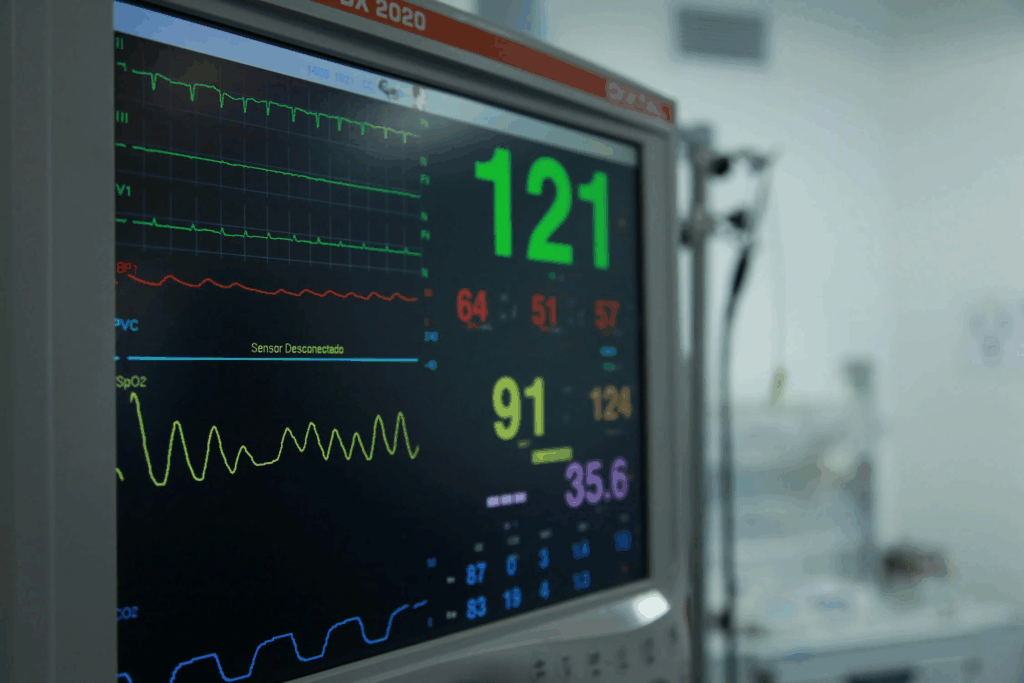
A weak heart has to work harder to pump blood throughout the body, which can leave you feeling constantly drained. This can occur even if you haven’t been particularly active. If you find yourself feeling unusually tired after simple activities like walking up a flight of stairs, it could be a sign that your heart is struggling to supply your body with the oxygen it needs. If this feeling persists, it’s worth scheduling a visit to your cardiologist.
2. Swollen Legs and Ankles
Swelling in the legs and ankles is another surprising symptom of a weak heart. This is known as peripheral edema, and it occurs when the heart is unable to pump blood effectively, causing fluid to accumulate in the lower extremities. Many people chalk up swollen legs and ankles to standing or sitting for long periods, but if this swelling persists or becomes more frequent, it could signal that your heart isn’t pumping blood as efficiently as it should.
When the heart is weak, blood flow is compromised, and the fluid that should circulate through the body starts to pool in the lower limbs. Along with swelling, you may also notice a feeling of heaviness or tightness in the legs. If this happens regularly, particularly if you experience it in conjunction with fatigue or shortness of breath, it’s important to seek medical attention.
3. Shortness of Breath During Everyday Activities
While shortness of breath can be a sign of various health problems, it’s particularly concerning when it occurs during regular activities that typically wouldn’t leave you winded. If you find yourself out of breath after doing things like grocery shopping, light housework, or climbing a few steps, this could indicate that your heart isn’t functioning optimally.
A weakened heart struggles to pump enough oxygen-rich blood to the lungs and other organs. As a result, the body may not get the oxygen it needs during normal physical activities, leading to shortness of breath. This may also happen when you’re lying down, which could be a sign of heart failure. If you experience persistent shortness of breath or notice it during activities that once felt easy, it’s a good idea to consult a cardiologist.
When Should You Seek Medical Help?
If you experience any of these unexpected red flags, it’s important not to ignore them. While fatigue, swelling, and shortness of breath can have many causes, they are often the earliest indicators of heart problems that could develop into something more serious if left untreated. If you notice any of these symptoms and they persist, it’s essential to seek medical attention as soon as possible. A cardiologist can perform tests like an electrocardiogram (ECG), echocardiogram, or stress test to get a clearer picture of your heart health.
In conclusion, heart disease is often thought of as something that happens suddenly, but in reality, it’s a gradual process. Understanding the unexpected symptoms, such as unexplained fatigue, swollen legs, and shortness of breath, is vital in catching heart issues early. By recognizing these signs and seeking timely treatment, you can improve your chances of managing heart disease and maintaining a healthy lifestyle. If you’re concerned about your heart health, don’t wait until the symptoms worsen—consult with your cardiologist to get the answers you need.
